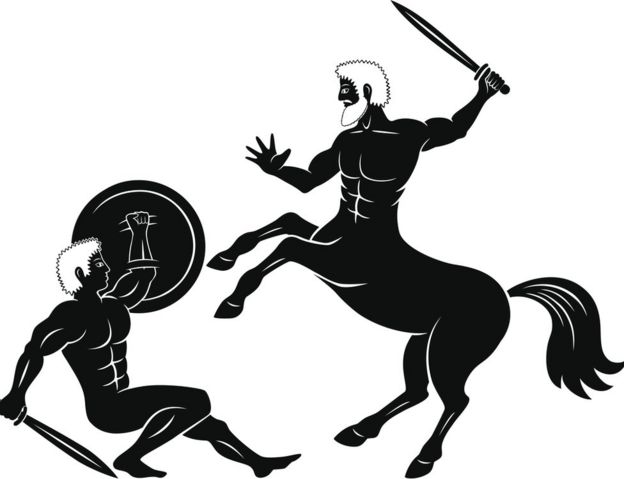Better drugs, faster: The potential of AI-powered humans

Scientists working in tandem with artificial intelligence (AI) could slash the time it takes to develop new drugs - and, crucially, the cost - say tech companies.
Developing pharmaceutical drugs is a very expensive and time-consuming business.And as AstraZeneca found out last week, disappointing drug trials can knock millions off your stock market value in a flash.
So the faster we can identify promising molecules that could be turned into viable drugs, the better.
This is why pharmaceutical companies, such as GlaxoSmithKline (GSK), Merck, Sanofi and Johnson & Johnson, are now turning to artificial intelligence (AI) to help them.
Prof Andrew Hopkins is chief executive of Exscientia, an AI-based drug discovery firm that has recently signed a £33m deal with GSK.
He claims that AI and human beings working together in so-called "centaur teams" can help identify candidate molecules in a quarter of the usual time and at a quarter of the cost.
In Greek mythology, the centaur was half human, half horse - and very powerful and fast as a result. AI is giving scientists such extra powers, Prof Hopkins believes.
 GETTY IMAGES
GETTY IMAGES
Successful drug discovery relies on precise understanding of how a disease affects our biological systems, says Pamela Spence, global life sciences industry leader at consultancy firm EY.
"Once that is known, scientists then search for molecules that can selectively interact with this 'target' and reverse that disruption or slow its impact - a 'hit' molecule," she explains.
Scientists often talk of a disease as the target and the molecule as a weapon being fired a it.
But this process of drug discovery - traditionally carried out by small teams of scientists painstakingly testing each potential target and hit molecule in the hope of finding a winner - is an enormously time-consuming approach that also has a very high failure rate.
So bringing in AI is like having a research assistant who can solve problems by systematic and relentless search at incredible speeds, she says.

Comments
Post a Comment